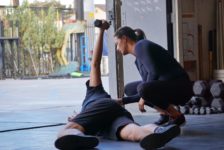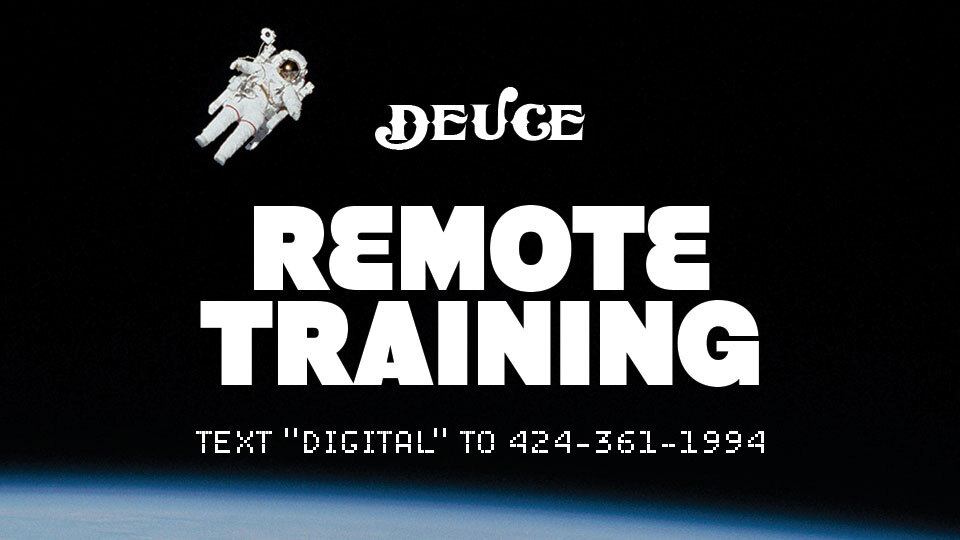
Confidence has nearly universal appeal. It’s so universally desired, in fact, that like designer handbags, people are willing to fake it instead of get the real thing. What’s the real thing, you ask? Well, confidence is characteristically “a feeling of self-assurance arising from one’s appreciation of one’s own abilities”.
Confidence is most literally reason to believe in your own success. It says that you’d bet on your abilities to stand up to what the future holds. We’ve got to reconcile the idea that this belief doesn’t just come from anywhere. For true confidence to be present, we would need some real reason to believe these thoughts. We need support for our (confident) argument. The most profound reason to believe in our ability to endure a certain stimulus is evidence that we have, in fact, endured similar stimulus. Experience yields greater confidence than mere speculation.
The most confident fishermen, for example, have specific, vivid memories catching fish. I cannot call myself a confident fisherman, because I’m generally unsure about my ability to catch fish this afternoon. I have no reason to believe that I could coerce a fish of any kind to politely entertain my lure. While even though experienced fishermen have uncertainty about whether they will catch fish during any particular outing, but at least they have a catalogue of proof that they can reel in some results. The more proof they have of their ability to catch fish, the more confident they might be about their ability. We could understand that if a professional angler has caught 40,000 fish lifetime, but not one in the month of April that she might be less confident this month. Real confidence is tethered closely with support for the argument. While we might have other reasons to believe we might fair well, there is no substitute for confidence than with evidence to justify it.
Inauthentic confidence, then, is propped up on baseless assumptions that we would fair well in various circumstances. It’s littered with unforgettable doubt. A proud chest, for example, may look confident, but doesn’t have support for its position. Since these individuals can’t know beyond reasonable doubt that they might fair well, they will be found guilty of fake confidence, by definition.
How, then, do we amass this valuable trait if we don’t have it, but would like some, you ask? Accumulating vulnerable time in uncertainty can give us answers to “what it would be like.” The outcomes of these ventures serve two purposes:
- They improve our performance in these specific environments, and
- They build a catalogue of experience for reference that can support confidence about the future
Want confidence? You’ll need to get to know the situations you wish to have confidence in. Confidence is a progression. You must be without it to earn it.
Logan Gelbrich
@functionalcoach
4/18/17 WOD
Complete 3 rounds for reps and distance of:
AMRAP 2
Max Kettlebell Snatches (53/35)
-Rest 2 minutes-
AMRAP 2
Max Distance Sled Push
-Rest 2 minutes-

